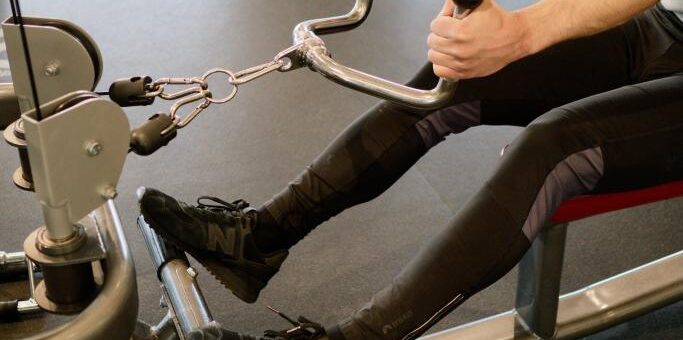In a decision of great importance to the charity sector, the Supreme Court has ruled that a gym run by a healthcare charity qualifies for 80 per cent relief from business rates notwithstanding that it is only open to members who pay monthly fees that might be viewed as unaffordable by those of modest means.
The registered charity, which runs hundreds of fitness and wellbeing facilities around the country, together with hospitals and medical centres, charged a standard rate of £80 a month to the gym’s members. It also provided limited free services to non-members. It applied to the local authority for an 80 per cent rates reduction under Section 43 of the Local Government Finance Act 1988.
In rejecting that application, the council took the opinion that, viewed on its own, the gym was not being used for charitable purposes because the membership fees were set at a level that excluded those of modest means from enjoying its facilities. On that basis it contended that the public benefit requirement, which is an invariable condition of charitable status, was not satisfied.
In subsequently upholding the charity’s challenge to that decision, a judge found that the question of whether the gym was used for charitable purposes did not have to be decided by reference to the activities carried on there, taken in isolation. The correct question was whether the charity was using the gym for the pursuit of its charitable purposes, viewed in the context of its charitable activities as a whole. The charity’s entitlement to the rates reduction was later confirmed by the Court of Appeal.
Dismissing the local authority’s appeal against that outcome, the Supreme Court noted that the mandatory 80 per cent rates reduction is afforded to ratepayers who are charities, or trustees for a charity, where the premises concerned are used wholly or mainly for charitable purposes.
The charity’s purposes – including the advancement, promotion and maintenance of health and healthcare for the public benefit – were, as a matter of law, presumed all to be charitable in all the places where they are carried on and, viewed overall, to satisfy the public benefit requirement. The charity plainly used the gym for the direct fulfilment of its charitable purposes.
The Court acknowledged that, on the findings of the Court of Appeal, the facility was, putting it broadly, for the rich but not the poor. It noted, however, that the rich are as much a part of the section of the public benefited by the charity as are the poor. On the basis of the charity’s registration, it had to be assumed that the poor were not excluded from benefit, on a view of the charity’s activities in the round, even if they were excluded from use of the gym.
